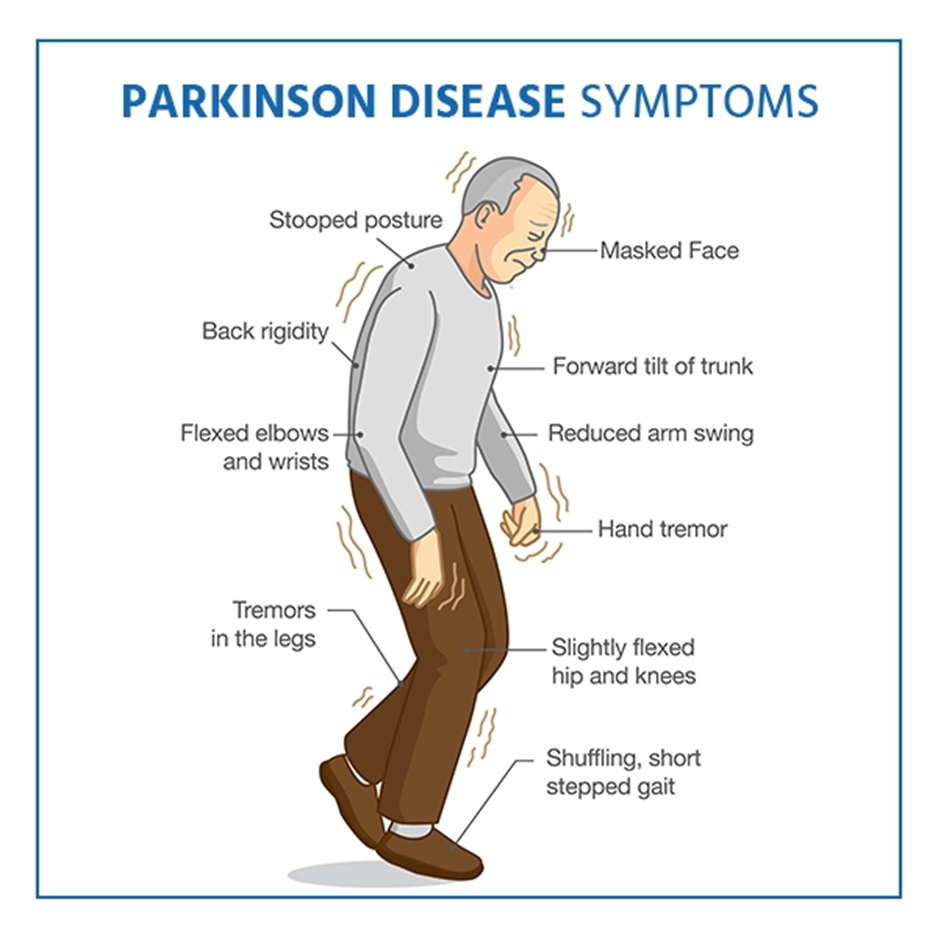A 25 year-old female patient will begin taking phenytoin for epilepsy. The patient tells the nurse she is taking oral contraceptives (OCPs). Which response will the nurse give?
"Continue taking OCPS because phenytoin is not safe during pregnancy."
"You should use a backup method of contraception along with OCPs."
"You should stop taking OCPs because of drug-drug interactions with phenytoin."
"You should take low-dose aspirin while taking these medications to reduce your risk of stroke."
The Correct Answer is B
A. "Continue taking OCPS because phenytoin is not safe during pregnancy."
This statement is not accurate. While it's essential to address pregnancy risk, phenytoin can reduce the effectiveness of oral contraceptives. Women on phenytoin are often advised to use additional contraceptive measures.
B. "You should use a backup method of contraception along with OCPs."
This is the correct response. Phenytoin can accelerate the metabolism of oral contraceptives, potentially reducing their effectiveness. Using a backup method, such as condoms, is recommended to ensure adequate contraception.
C. "You should stop taking OCPs because of drug-drug interactions with phenytoin."
This advice is generally not recommended without consulting the healthcare provider. Abruptly stopping OCPs without an alternative form of contraception can increase the risk of unintended pregnancy.
D. "You should take low-dose aspirin while taking these medications to reduce your risk of stroke."
This statement is not relevant to the situation described. Low-dose aspirin is not typically recommended for contraception, and its use in this context does not address the potential interaction between phenytoin and oral contraceptives.
Nursing Test Bank
Naxlex Comprehensive Predictor Exams
Related Questions
Correct Answer is A
Explanation
A. Carbidopa-levodopa
The symptoms described, including a shuffling gait, lack of facial expression, and tremors at rest, are characteristic of Parkinson's disease. Carbidopa-levodopa is a common medication used in the management of Parkinson's disease.
B. Donepezil
Donepezil is used in the treatment of Alzheimer's disease, a condition characterized by cognitive decline and memory impairment. It is not indicated for Parkinson's disease.
C. Rivastigmine
Rivastigmine is another medication used in the treatment of Alzheimer's disease, and it is also used in Parkinson's disease dementia. However, it is not the primary medication for the motor symptoms of Parkinson's disease.
D. Tacrine
Tacrine was once used in the treatment of Alzheimer's disease, but it is no longer commonly prescribed due to safety concerns and the availability of newer, safer medications. It is not indicated for Parkinson's disease.

Correct Answer is ["2"]
Explanation
To calculate the dose of fluconazole for a child who weighs 44 pounds, you need to convert the weight to kilograms and the dose to milligrams.
One kilogram is equal to 2.2 pounds, so 44 pounds is 44 / 2.2 = 20 kilograms.
The dose of fluconazole is 5 mg/kg, so 5 mg x 20 kg = 100 mg.
The label on the bottle says that each tablet contains 50 mg of fluconazole, so you need to divide the dose by the tablet strength to get the number of tablets. 100 mg / 50 mg = 2 tablets.
Therefore, you should administer two tablets of fluconazole once a day for this child.
Whether you are a student looking to ace your exams or a practicing nurse seeking to enhance your expertise , our nursing education contents will empower you with the confidence and competence to make a difference in the lives of patients and become a respected leader in the healthcare field.
Visit Naxlex, invest in your future and unlock endless possibilities with our unparalleled nursing education contents today
Report Wrong Answer on the Current Question
Do you disagree with the answer? If yes, what is your expected answer? Explain.
Kindly be descriptive with the issue you are facing.
